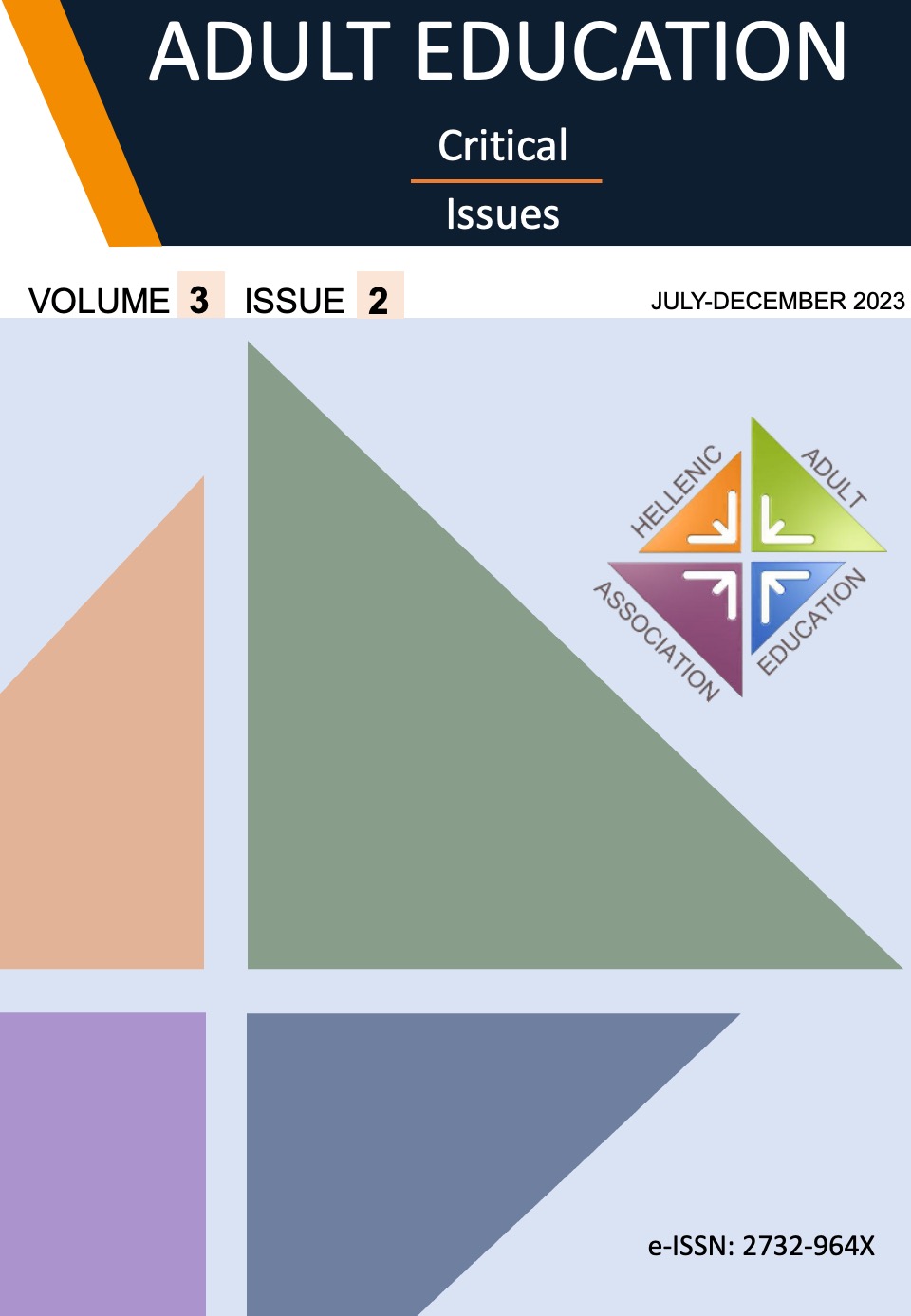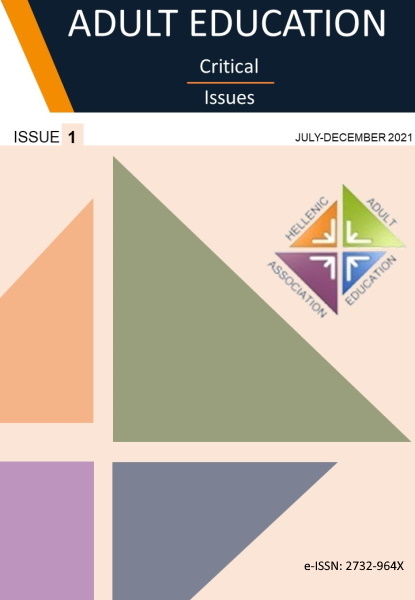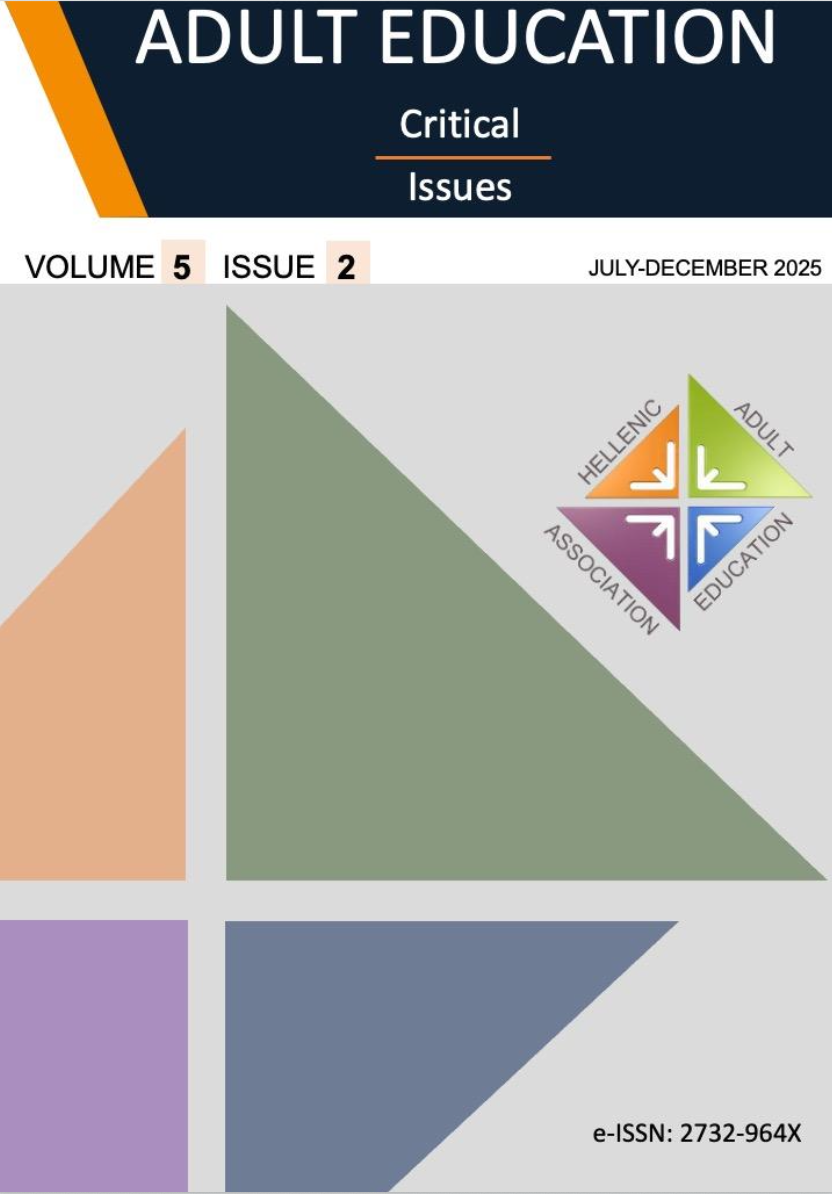Midwives as Adult Educators: An investigation of midwives’ perceptions about the educational dimension of their profession

Abstract
This article deals with the educational dimension of Midwifery, as manifested in the context of perinatal education programmes in Greece. Despite the internationally recognized value of childbirth education in reducing perinatal mortality and morbidity, and despite the rich activity of midwives in terms of perinatal education, their role as adult educators has received limited scientific attention and support. The purpose of this study is to investigate whether and to what extent midwives teaching in perinatal programmes perceive their role as educators, as well as whether and in what way they are prepared for this role. It also investigates whether and what form of training midwives receive to their role in perinatal education. The study followed the specifications of qualitative design and data was collected through in-depth semi-structured interviews with twelve (12) midwives - trainers in perinatal education, as well as with eight (8) women and men who have participated in childbirth classes in Greece. The findings highlight the need to further support midwives in their educational role and to enhance their educational practice by integrating the principles of Adult Education.
Article Details
- How to Cite
-
Papageorgiou, I., & Kostourou, E. (2024). Midwives as Adult Educators: An investigation of midwives’ perceptions about the educational dimension of their profession. Adult Education Critical Issues, 3(2), 6–15. https://doi.org/10.12681/haea.35019
- Section
- Articles

This work is licensed under a Creative Commons Attribution 4.0 International License.
Authors who publish with this journal agree to the following terms:
- Authors retain copyright and grant the journal right of first publication with the work simultaneously licensed under a Creative Commons Attribution License that allows others to share the work with an acknowledgement of the work's authorship and initial publication in this journal.
- Authors are able to enter into separate, additional contractual arrangements for the non-exclusive distribution of the journal's published version of the work (e.g., post it to an institutional repository or publish it in a book), with an acknowledgement of its initial publication in this journal.
- Authors are permitted and encouraged to post their work online (e.g., in institutional repositories or on their website) prior to and during the submission process, as it can lead to productive exchanges, as well as earlier and greater citation of published work (See The Effect of Open Access).




